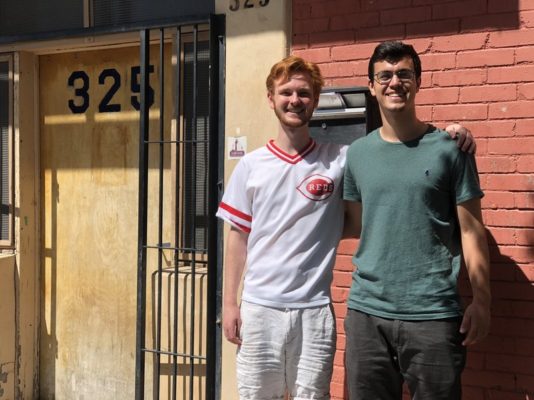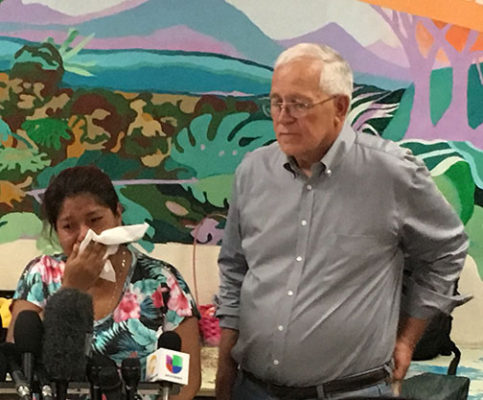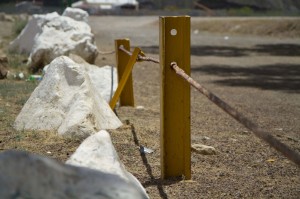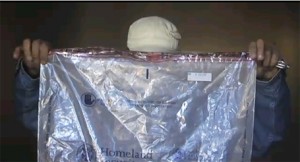Summer job at El Paso migrant shelter proves ‘vastly different’ experience for Notre Dame students
|
By Billy Cruz, Youth Radio
EL PASO – When I arrived at Casa Vides, a migrant shelter in El Paso Texas, I found a two-story brick building close enough to the border that I could walk to it. The building was almost a perfect cube shape, and as I knocked on the heavy wooden door, I wondered to myself, “Is this really where undocumented migrants are being housed?”
But I wasn’t there to interview migrants this time — Casa Vides wouldn’t permit me to talk to any of them in order to protect their privacy. I was there to talk to two college students who live and work with the migrants for the summer. https://s3.amazonaws.com/media.youthradio.org/wp-content/uploads/2018/06/27123940/YOUTH-RADIO-MIGRANT-SHELTER-VISIT-FINAL.mp3
Casa Vides is a place that provides refuge for two types of people: those who evaded border patrol, and those who were caught — handed over to Immigration and Customs Enforcement — and then released while their cases are still pending. Casa Vides provides food, shelter, and legal support to around 40 residents at a time and is run by the faith-based non-profit organization, Annunciation House.



